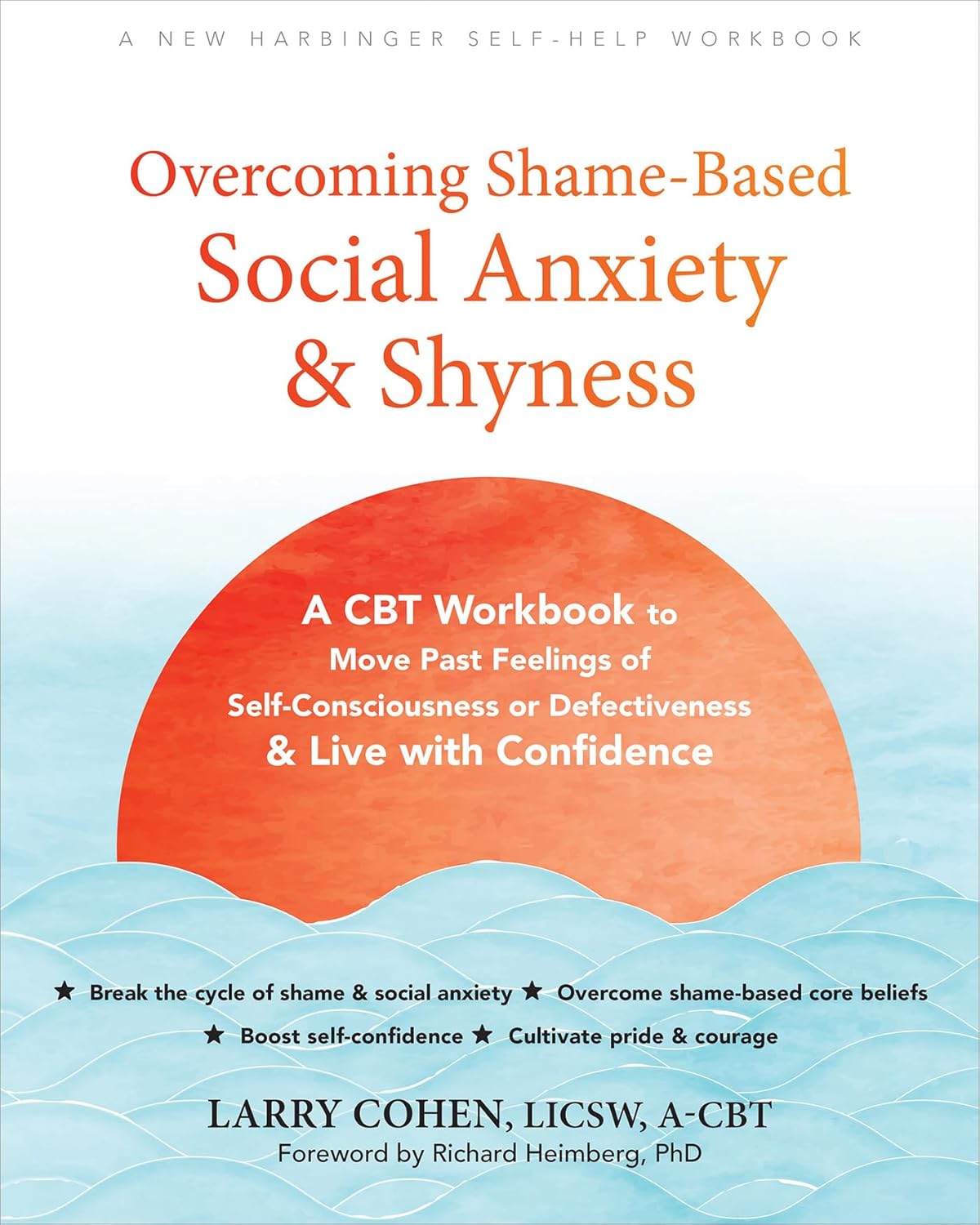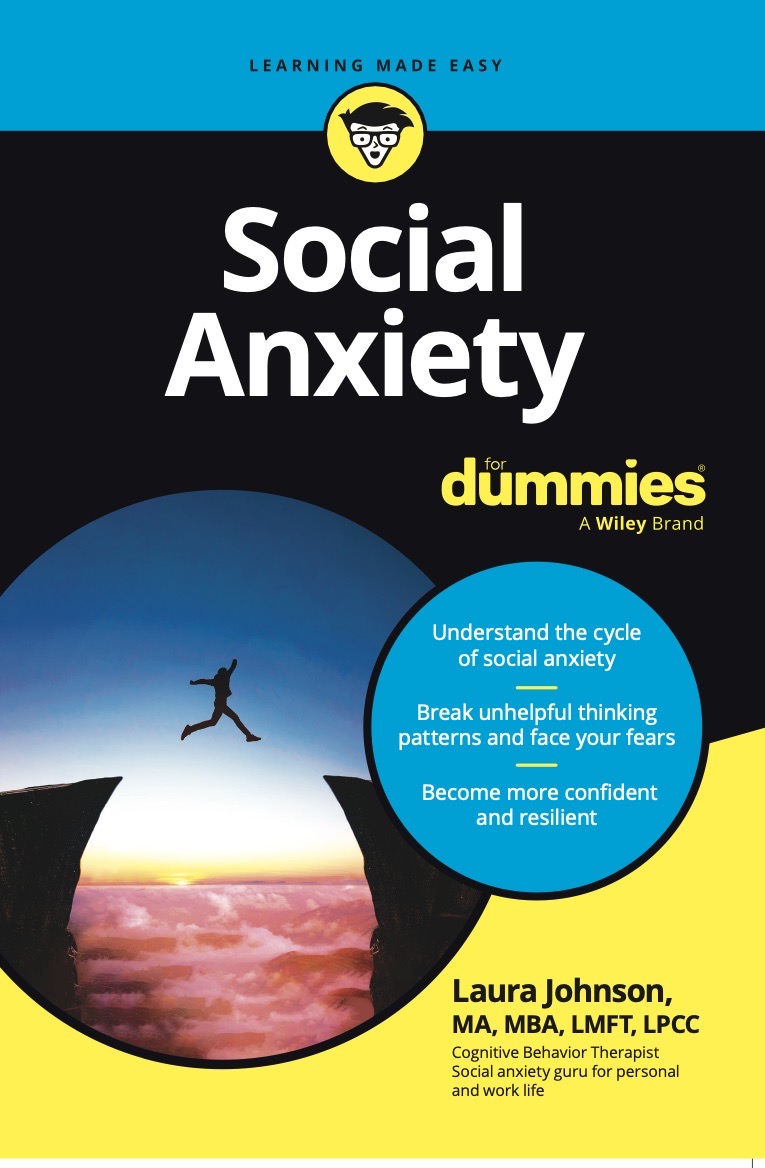What do these people have in common: A savvy salesman who can’t sever the relationship with his business partner who takes advantage of him; a competent woman business owner who manages 20 employees but can’t say “no” to requests from her adult daughter; and a smart accounting executive who tolerates years of emotional abuse by his “friend?”
These three individuals, and many others who contact me for help with anxiety, experience a common and stressful aspect of Social Anxiety Disorder: a lack of assertiveness. Typically, socially anxious people go years without realizing that a major factor in their stress level is feeling the need to please other people at their own expense. As a result, they frequently say “yes” to others when they really want to say “no.”
[If you’re unclear about the difference between passive, aggressive and assertive behavior, see this blog article.]

Let’s examine why you have difficulty asserting yourself when you want to and how you can utilize a few assertive communication techniques to stand your ground.
Why Do I Say “Yes” When I Want to Say “No”?
If you have social anxiety, you fear that others will reject you if you disappoint them. You don’t want to be kicked out of “the tribe” by your coworkers, family or friends. So you acquiesce to others’ requests. Although you often feel taken advantage of, you’re afraid to stand up for yourself. This is problematic for several reasons.
First, other people get used to you doing their bidding and they will continue to impose upon you as long as you let them. Each time this occurs, your self-esteem suffers.
Second, your resentment toward someone who keeps taking advantage of you simmers on the back burner until one of two things happens: either you have an angry outburst, or you start avoiding them. Either way, you’ve boxed yourself into a corner you don’t know how to get out of.
Third, you worry that saying “no” will lead to a confrontation. You imagine worst-case scenarios in which the other person seeks revenge or ends the relationship entirely. So you just keep saying “yes”, feel more and more stressed, and walk around thinking others are treating you unfairly. What doesn’t occur to you is that you can turn the situation around to your own advantage.

How to Say “No” Assertively
There are two aspects to saying “no” to others. One is predicting how they will react and the second is utilizing assertive communication strategies to stand your ground.
What To Expect When You First Say “No” – Since others are used to you saying “yes,” when you first say “no,” they will try to persuade you to do what they want. You will probably have to decline their request several times before they believe that “no” really means “no.”
It’s also possible that they will be somewhat displeased because they are used to getting their way. But so what? The likelihood of them severing the relationship simply because you declined a request is probably slim – – although it could happen. You have to decide if alleviating your stress and standing up for yourself is worth the risk.
Your goal in saying “no” is to stand your ground and walk away with your head held high – – which will increase your self-esteem and decrease your fears about displeasing others. IMPORTANT NOTE: It is NOT your job to solve the other person’s problem; that is their responsibility.
A method for predicting how others will respond and preparing yourself to handle it is the subject of a therapy approach called Assertive Defense of Self. Here is a link to a blog article that explains it.

Four Techniques to Say “No” Assertively
- Tell the Truth, Spare the Details – When you decline another’s request, be honest and keep it brief. Frankly, the person who keeps asking you to do things for them doesn’t care why you can’t do it, or that it stresses you out. If they did, they wouldn’t keep making demands on you. Some examples of how to say “no” succinctly and truthfully are:
“I don’t have time in my schedule to do that.”
“I don’t lend out my car.”
“I can’t help you with that.” - Do Not Apologize or Justify – You have the right to say “no” without saying you’re sorry or giving reasons why you can’t accommodate someone’s request. They aren’t interested in excuses, they just want their problem solved. More importantly, the more details you give them, the more “ammunition” they’ll have to try and persuade you to say “yes.” Here’s an example of an unassertive response on your part: “I’m sorry, but that day I have a doctor’s appointment and then I have to pick up my son from soccer practice.” The problem with apologizing and justifying is that they are likely to come back at you with something like this: “Oh that’s okay, you can do it another day…” A more assertive reply from you would be: “I have too much on my plate to take that on.”
- Use the Broken Record Technique – You will probably have to repeat yourself several times until they realize that you really mean “no.” Pretend that you are putting the needle of a record player back on the same song over and over again. Don’t let them side-track you onto other issues. Instead, stick to your “talking points” (like the politicians do) and calmly but firmly repeat what you just said with slight variations:
“I have a conflict that day.”
“I have other plans then.”
“I’m tied up at that time.”
Saying “No” Has Big Payoffs
My clients who use these assertiveness strategies are amazed at how well they work. Rarely do their worst predictions come true. And even if others are mildly displeased, they tell me that the payoff in their increased self-confidence and self-esteem is worth it!
Written by,
Randy Weiss, LCSW
National Social Anxiety Center of Phoenix











